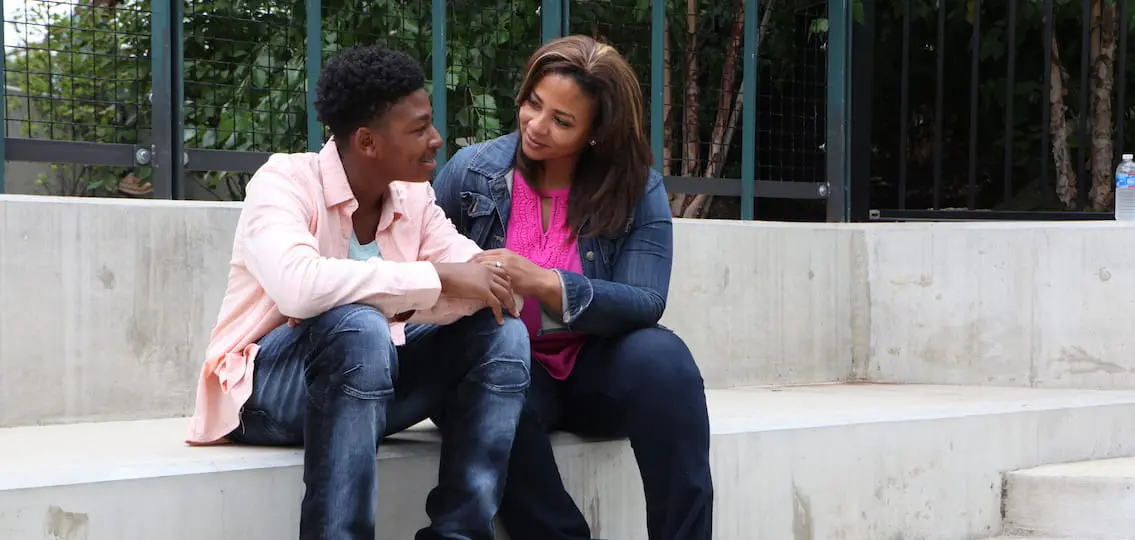College blogger, Samantha Zabell—a senior at Northwestern University in Evanston, Illinois—offers her perspective on what works (and what doesn’t) when it comes to a parent-teen relationship. Enjoy.

Top 10 Tips About Parenting Skills from a Teen:
1. Communicate.
Talk every single day. Spend time talking to each other even when you have nothing new to discuss. Try working out problems even when you’re angry. Ask your teen what they need from you and explaining what you need from your teen.
2. Respect your teenager’s privacy.
Your teenager might not come to you first. The teenage years are a time of important growth, and teens want privacy. A little respect will go a long way. When they trust you, they will feel more comfortable when they need to let you in.
3. Emphasize structure.
Curfews, deadlines, and other rules should be safety guidelines for your teens. Imposed structure should be related to how responsible your teen is. Don’t prohibit bad behavior that doesn’t exist in the first place.
4. Be honest about risky behavior.
Parents need to be honest about risky behaviors—including sex, drugs, and alcohol. Don’t just point out the pitfalls and consequences. Be honest about how to be safe and responsible.
5. Take responsibility for mistakes.
There is much less room for anger and screaming matches if both parties can admit where they went wrong. Accepting responsibility for a miscalculation is important in leveling the playing field, and starting a conversation about where to go forward.
6. Minimize high-pressure situations.
Don’t force your teen to follow a pre-determined path that is your plan. Let them make their own mistakes, determine their own study habits, and develop their own style. Without the pressure, they will likely come to you for help and guidance on their own.
7. Understand how they use the Internet.
While it’s not necessary to follow or friend them on every social media site, make sure to impart on your teen the importance of cybersafety and cybersmarts. Teenagers can be shortsighted when it comes to online behavior. You can be a voice of reason.
8. Choose your battles.
Breaking curfew once by 15 minutes may not be as important as a later transgression that’s much more serious. Remember what it felt like to be a teenager. And assess the motivations behind any broken rule before deeming it grounds to fight and punish.
9. Get to know our friends.
It’s important to be trustworthy to your teen and your teen’s social circle. These friends are arguably the most influential people during the teenage years. Getting to know them in a non-intrusive way will help you understand your teen’s perspective.

10. Know the danger signals.
Familiarize yourself with the signs of eating disorders, self-injury (like cutting), dating violence, and substance abuse. The high school years can be extremely tough for some teenagers. Parents should be aware of their teen’s behavior and lifestyle habits in case something changes for the worse.




